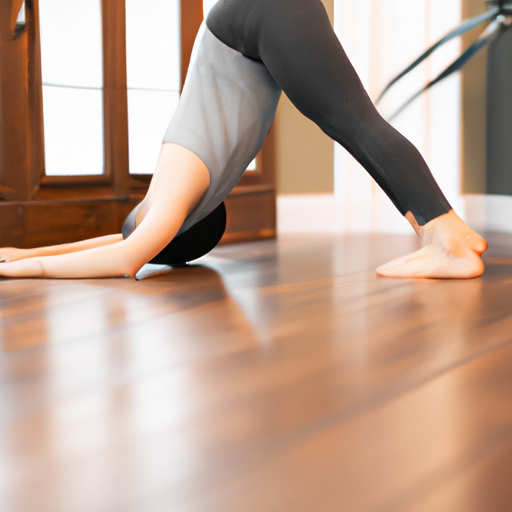Are you looking to improve your flexibility for better health? Flexibility plays a crucial role in overall well-being, as it helps prevent injuries, improves posture, and enhances athletic performance. Whether you’re a fitness enthusiast or simply looking to increase your range of motion, incorporating flexibility exercises into your routine can bring a host of benefits. In this article, we’ll explore some effective strategies to help you enhance your flexibility and take your health to the next level.
Stretch Regularly
Dynamic Stretching
Dynamic stretching involves moving parts of your body and gradually increasing the range of motion. This type of stretching is great for warming up before a workout or any physical activity. Some examples of dynamic stretches include leg swings, arm circles, and torso twists.
Static Stretching
Static stretching involves holding a position for a period of time to elongate the muscles and improve flexibility. Make sure to hold each stretch for at least 30 seconds to allow the muscles to relax and lengthen. Some common static stretches include hamstring stretches, quadriceps stretches, and shoulder stretches.
Incorporate Yoga
Improve Flexibility
Yoga is a fantastic way to improve flexibility, strength, and balance. Many yoga poses focus on stretching and lengthening the muscles, helping you increase your range of motion over time. Consider joining a yoga class or following online tutorials to reap the benefits of this ancient practice.
Relaxation and Stress Relief
In addition to physical benefits, yoga can also help reduce stress and promote relaxation. The combination of deep breathing and gentle movements can have a calming effect on the mind and body, leading to improved overall well-being.
Stay Hydrated
Importance of Hydration
Hydration plays a vital role in maintaining flexibility and preventing muscle cramps. When you’re dehydrated, your muscles can become stiff and less pliable, making it harder to achieve full range of motion. Make sure to drink an adequate amount of water throughout the day to keep your muscles hydrated and flexible.
Electrolytes and Minerals
In addition to water, electrolytes and minerals are essential for muscle function and flexibility. Incorporate foods rich in potassium, magnesium, and calcium into your diet to support muscle health and enhance flexibility. Bananas, leafy greens, and dairy products are great sources of these essential nutrients.
By incorporating these strategies into your routine, you can improve your flexibility, enhance your overall health, and enjoy a more active lifestyle. Remember to listen to your body, start slowly, and gradually increase the intensity of your flexibility exercises to avoid injury. Whether you choose to stretch regularly, practice yoga, or focus on hydration, taking steps to enhance your flexibility can have a positive impact on your well-being.

